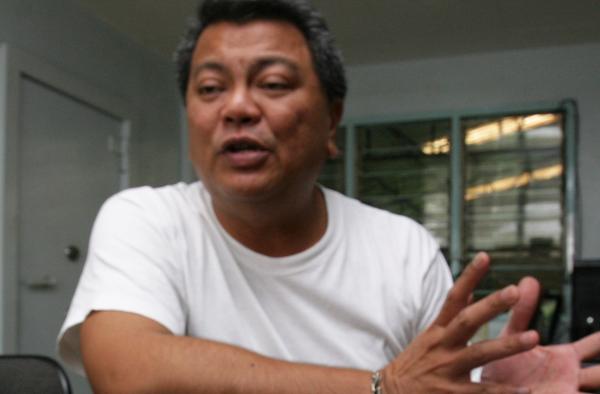Cebu, Davao eyed as outports for self-certification to avail of tariff preferences
Customs officials are encouraging exporters in Cebu to use self-certification in availing of tariff preferences under the Asean Trade in Goods Agreement (ATIGA).
Self-certification means an exporter makes a self-declaration on the commercial invoice that his export products satisfy the Rules of Origin under ATIGA.
With this scheme, an exporter would no longer need to present a certificate of origin Form D to avail of the tariff preferences.
RELATED: Export sales decline, but Philexport hopes for recovery in last quarter
“It is easier to use. With the conventional system, you notice that there are many issues,” said Denise Cheska Enriquez, senior trade-industry development specialist for the Bureau of International Trade Relations.
The progam was introduced in Manila on January 1, 2014, but was rolled out to the outports only last July 15.
The bureau is looking at Cebu and Davao as outports for the self-certification regime.
READ: New DTI program taps communities for exports
“These are prime markets for us,” Enriquez said. Cebu and Davao cities both have many industrial and manufacturing companies.
The Philippines is among the Association of Southeast Asian Nations (Asean) countries participating in the second pilot run for the self-certification project. Other participating countries are Indonesia, Lao PDR, Thailand and Vietnam.
Enriquez said the country’s export markets are starting to use this alternate certification regime. By 2018, most of the countries under the European Union Generalized System of Preferences will also be using self-certification.
“It would be better if we start using the regime if we want to deal with countries also using self-certification,” she added.
At present, she said only Swedish Match Philippines, Inc. and two other exporters have used self-certification.
Vincent Philip Maronilla, BOC Assessment and Operations Coordinating Group, said exporters will bypass at least one process in the shipment of goods.
Instead of applying for and presenting a certificate of origin (CO), Maronilla said an exporter can simply “insert a paragraph” into the commercial invoice that certifies his or her export products have satisfied ATIGA Rules of Origin.
Filing an application for self-certification is free.
Enriquez said micro, small and medium enterprises should avail of the program to reduce costs and save time.
But Apolinar Suarez, Jr., chairman of the Confederation of Philippine Exporters Foundation (Philexport Cebu) and Visayas representative to the Export Development Council, said government should first “fix” the traditional export processes before introducing the new scheme.

Suarez
“It is moving forward and very good, but we have local issues happening. It’s complicated for us now,” he said.
Philexport Cebu is lobbying for the establishment of a single office that will take charge in allowing the procurement of controlled substances used widely by exporters.
Exporters have also been reeling from weak sales because of the soft global market, although they are expected to get some relief from the weaker peso.
Disclaimer: The comments uploaded on this site do not necessarily represent or reflect the views of management and owner of Cebudailynews. We reserve the right to exclude comments that we deem to be inconsistent with our editorial standards.
